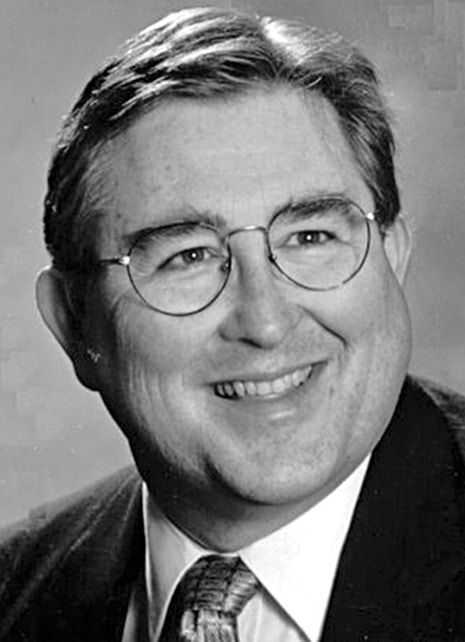By Danny Crownover
Cherokee County was once one of the largest producers of pig iron in the South. During the Civil War, the county turned out one-seventh of the iron produced in Alabama.
The county’s first blast furnace was built in 1848 at Round Mountain by Moses Stroup on the site where John Milner had operated a forge. The furnace had a capacity of two-and one-half tons of iron daily and used 250 bushels of charcoal per day.
In addition to pig iron, Stroup’s company manufactured skillets, pots and machinery that were sold in Georgia. The surplus iron was shipped by boat to Pittsburgh, Pa. from Rome, Ga., and then by rail to northern customers.
In 1855 Stroup sold the furnace to P.S. Marshall, who later sold it Captain J.M. Elliot, Sr., of Rome. The furnace was destroyed by U.S. General William Sherman’s army because it furnished iron for making Confederate munitions. Rebuilt in 1870 by James Noble and his son Samuel, the furnace was later used to manufacture wood alcohol. It was one of the first furnaces to use waterpower.
James Noble became attracted to Alabama when he attended a manufacturer’s exposition at Sydenham, England, in 1851, where he saw blooms, or pig iron samples made at Round Mountain.
The fibrousness and quality of this iron caused Noble to decide to come to America. He eventually located in Rome, Ga. where he established a foundry and machine shop.
Noble built a furnace at Cornwall to supply raw material. The first Confederate cannon was made by the Noble family from Cherokee County iron. U.S. Army General Francis Preston Blair destroyed the furnace in 1864. It was rebuilt by U.S. Army Colonel Charles Rattray, who came here to live shortly after the Civil War.
There was a furnace at Rock Run, but little is known of its early history. It was in operation during the Civil War and believed to be the largest in the country. It was destroyed by federal troops in either 1862 or 1863 and was rebuilt by the Bass Foundry & Machine Company.
The Rock Run furnace was the last charcoal furnace in the United States to be shut down.
After the Civil War, the Stonewall Furnace was built at Langdon City by J.M. Selkirk.
The Tecumseh Iron Company was organized by Sherman and built the Tecumseh Furnace in 1873. The structure was 12 by 60 feet and was said to be one of the largest charcoal stacks in the nation.
The furnace turned out about 50 tons of iron per day. Operations were suspended in 1890 when all of the physical properties were dismantled.
In the 1890’s a boom town sprung up at Bluffton in Cherokee County. The town was intended to utilize the iron produced in that vicinity. At one time Bluffton had 8,000 inhabitants. Work was started on munitions and car wheel factories.
Ground was broken for the University of the Southland, the cornerstone of which still lies on the side of the road near the Little Bluffton Schoolhouse.
The first electric lights in Cherokee County were installed at Bluffton. For many years the remains of that light system could be seen in the Signal Hotel, a boom project that eventually faded out.
Contact The Vagabond at dkcrown@bellsouth.net.




